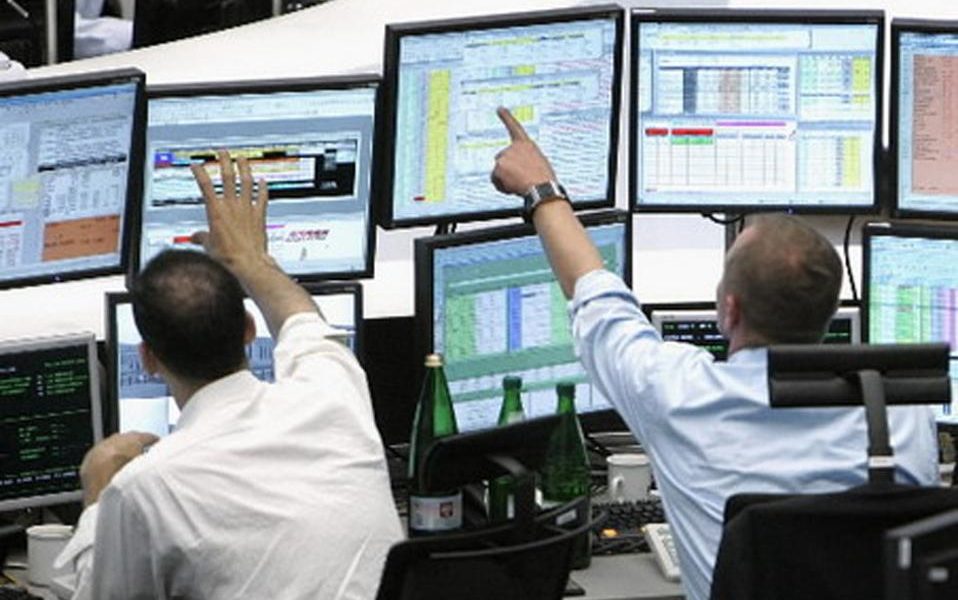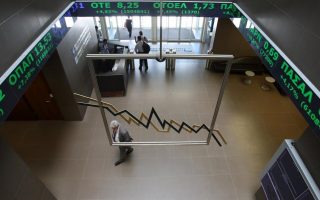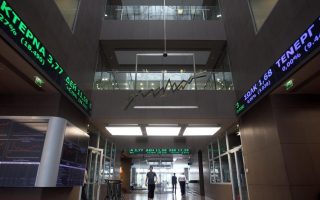Bailout worries set Greek yields for biggest weekly rise in months

Greek bond yields were set to record their biggest weekly rise in two months on Friday as investors start to fret about delays to Athens' bailout package and over the extent to which the IMF will participate in a new deal.
With the world's central bankers and finance ministers gathered in Washington for the International Monetary Fund's spring meeting, Greece has been a hot and contentious topic.
While stressing that the IMF would not abandon Greece, its managing director Christine Lagarde said on Thursday that the Fund's participation in the new 86 billion euro bailout agreed last summer would depend on how it is restructured.
The Fund has called on Greece's European Union partners to offer debt relief but this has been met with resistance by its biggest creditor Germany, where Chancellor Angela Merkel's government is facing a rise in euroskepticism ahead of elections next year.
More immediate concerns center on the long-delayed review of reforms in Greece needed to unlock loans that Athens needs to repay 3.5 billion euros in maturing debt in July.
Euro zone finance ministers meet next week to try and break the deadlock but the chair of the group said on Friday that there was little flexibility on the budget targets, which the IMF believes are unrealistic.
In a sign of the differences between all parties that investors fear could derail a deal, Greek Prime Minister Alexis Tsipras on Thursday took aim at the IMF for delaying the conclusion of the review.
"There is more talk and more noise. Greece has an interest in appearing bad-tempered and trying to extract more concessions," Societe Generale strategist Ciaran O'Hagan said.
Greek two-year yields held around 12.22 percent on Friday, up more than 180 basis points on the week – their worst run since early February.
Short-dated yields have also in recent weeks risen back above longer-dated equivalents – an inversion of the curve which is often a tell-tale sign that markets fear the country is heading towards default.
Greece's benchmark ATG equity index was up slightly on Friday, but the ATG index remains down by around 12 percent since the start of 2016 – underperforming a 6 percent fall in the same period in the broader, pan-European FTSEurofirst 300 index.
Greece has said it will submit pension and tax reform bills to parliament next week, as it seeks to persuade its international lenders to conclude the review.
Euro zone countries, which are dealing with a migration crisis and the risk that Britain could vote to leave the European Union in a June referendum, want the Greek issue solved quickly.
But even if a deal is struck, many analysts believe that, as in the past, it will be left until deadline day.
"It will get left to the last possible second when everything is going to blow up completely and they will come to some agreement that will keep the plates spinning for another year or so," Rabobank strategist Lyn Graham-Taylor said.
[Reuters]





